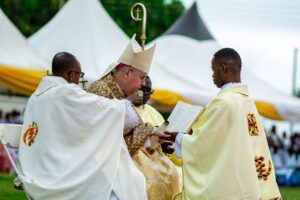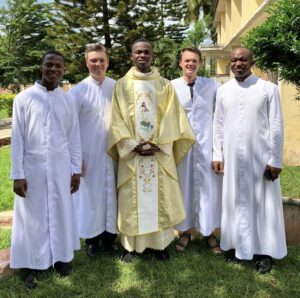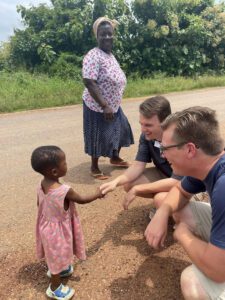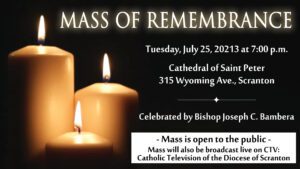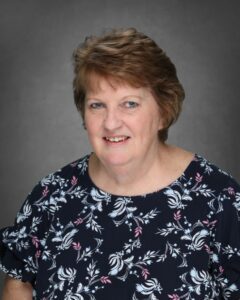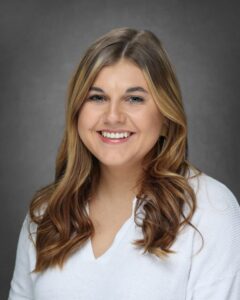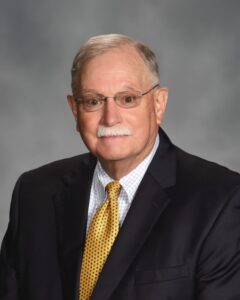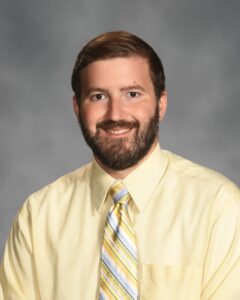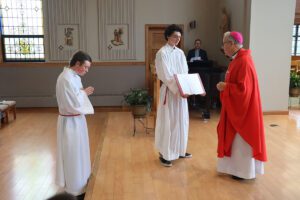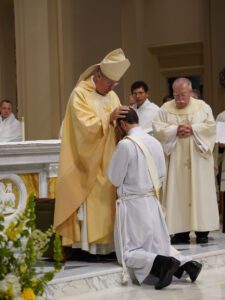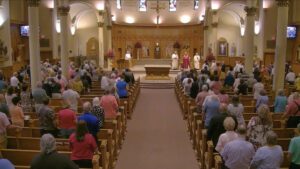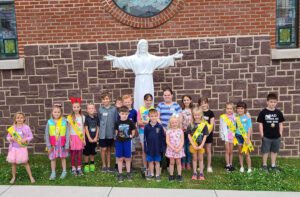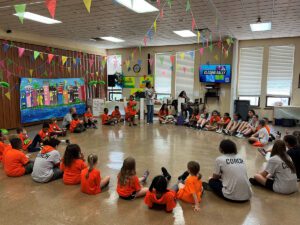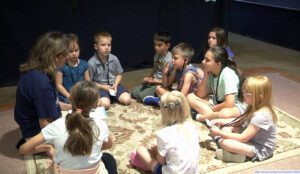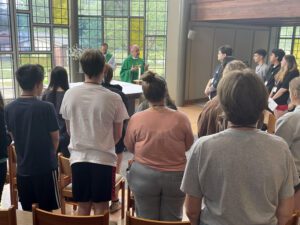EAST STROUDSBURG – When Bob and Josie Brown first heard that they could turn their Pennsylvania taxes into Catholic education scholarships, they admitted being a little skeptical.
It almost sounded too good to be true.

“The application process was very easy. I had a few concerns at first and made some phone calls to confirm that our donation would be distributed as intended,” Josie said.
Pennsylvania allows qualifying individuals and businesses to use their tax obligations as need-based scholarships for Catholic school students through the Educational Improvement Tax Credit (EITC) Program. In many cases, individuals and businesses can receive up to a 90-percent tax credit!
“There are very few opportunities we have as taxpayers to direct how our tax dollars are spent. This EITC program literally allows me to direct a portion of our tax payments directly to our local Catholic school,” Josie explained. “I genuinely believe our Catholic schools are a worthy recipient of these funds and I was pleased to have been able to participate in this program.”
Both Josie and her four children have benefited from a Catholic education.
“I am forever grateful as a student and a parent to have had faith at the foundation of learning in my home and I am proud to help in some small way to the continued efforts of schools to provide this for future generations,” she added.
Any individual or couple where at least one spouse owns or works for a for-profit company in Pennsylvania can participate. Non-profit employees that own at least one share of stock in a business that operates in Pennsylvania may also participate.
The Diocese of Scranton Catholic School System partners with the Central Pennsylvania Scholarship Fund to administer the program. The Scholarship Fund requires a minimum contribution of $3,500 to participate.
“We are so grateful to a number of businesses and individuals who donate to our Catholic Schools need-based tuition assistance program through the Educational Improvement Tax Credit program. It’s a wonderful opportunity to support Catholic education and receive a 90% tax credit,” Jim Bebla, Diocesan Secretary for Development, explained. “If one makes a $5,000 gift, for example, they can receive a $4,500 tax credit on their business or personal income tax return. And the donor can also claim the remaining $500 on their federal income tax.”
The Diocese of Scranton is now looking for help spreading the word about the program.
As the owners of RGB Custom Home Builders in the Pocono Mountains, Bob and Josie Brown are happy to be among many people who are laying the ‘foundation’ for the success of this initiative.
“This is the very best way to make a donation to your local Catholic school.
Assuming you are paying taxes to the state, please consider this program,” Josie said. “It is easy and exponentially increases any donation you are able to make. If you are unsure ask to speak to someone who has done it before.”
Eligibility is first-come, first-served and money for the individual tax credits runs out quickly. Anyone interested in this giving opportunity is encouraged to apply in July and August by contacting Jim Bebla at (570) 207-2250 or email Jim-Bebla@dioceseofscranton.org.

